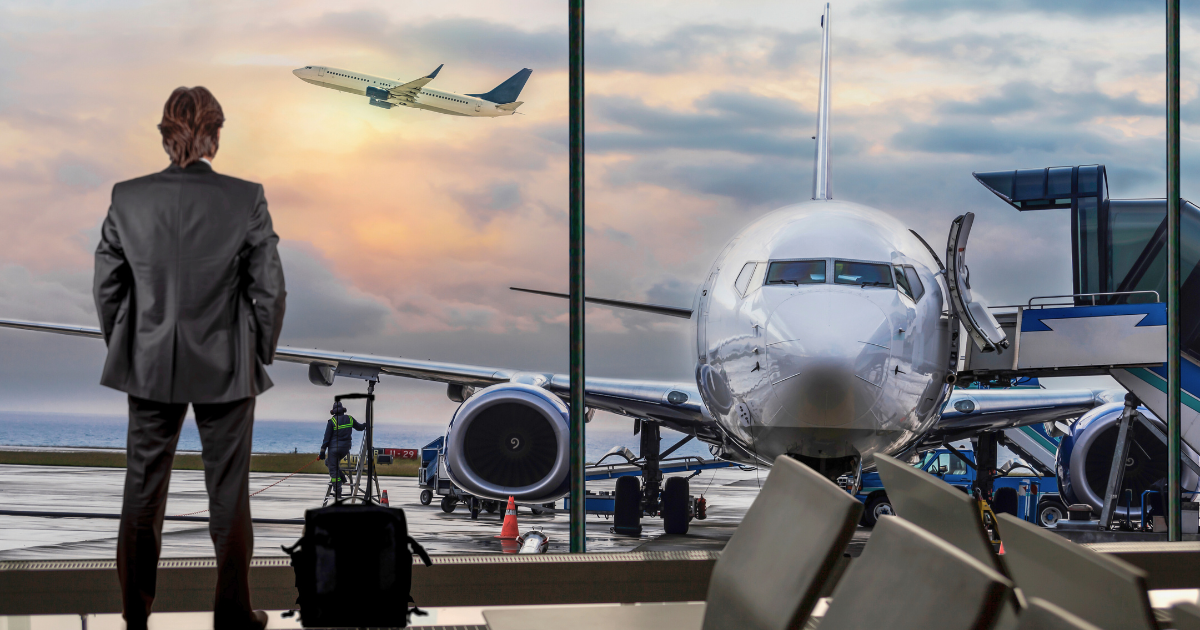
Being denied entry at an airport can be a disheartening experience, affecting your travel plans significantly.
It typically occurs when you arrive at your destination or a transit country, and the local immigration authorities find that you do not meet the entry requirements under their immigration policies.
What Leads to Denial of Entry?
Entry can be denied for various reasons including issues with your travel documents, failing to meet visa requirements, health concerns, security alerts, or doubts about your travel intentions.
Commonly, travelers face denial due to expired or invalid visas, insufficient proof of financial means, incorrect or missing travel documents, or past violations of immigration laws.
Immediate Steps After Denial
Once denied, you are not allowed to enter the country and will typically be held in a designated area within the airport. The immigration officers will process your case, explain the reason for the denial, and arrange for your return to your country of origin or last point of departure.
This is usually carried out by the airline with which you traveled, and the cost might be charged to the airline depending on local laws and the airline’s policies.
Handling the Process
During this process, it’s important to remain calm and cooperative. You have the right to contact your consulate or embassy for assistance.
Depending on the country’s laws, you may also be entitled to appeal the decision or seek legal advice.
It’s important to understand your rights, which should be communicated by the immigration authorities.
Duration of Stay at the Airport
The duration you might have to stay at the airport before your return can vary.
It depends on the availability of a return flight, the policies of the detaining country, and the specific circumstances of your case.
During this waiting period, your access to facilities will be limited, and you might need to stay in a transit lounge or holding area.
Preventive Measures for Future Travel
To avoid future denial of entry, ensure your travel documents and visas are valid and align with your travel purposes. It’s helpful to carry supporting documents such as return flight tickets, proof of accommodation, sufficient funds, and a clear itinerary.
Knowinf the entry requirements of your destination country through their embassy or consulate can prevent misunderstandings or issues upon arrival.
Denial of entry at an airport can disrupt your travel plans, but understanding the procedures and knowing how to respond can mitigate stress and confusion.
Preparation and compliance with immigration laws are key to facilitating a smoother travel experience. Always check the latest travel advisories and requirements before departure to ensure that you meet all necessary travel criteria.






